- Home
- Online Book Bazar Up To 60%
- 10% OFF
- Crisis and Renewal: The History of a Great Railroad: Meeting the Challenge of Organizational Change
Crisis and Renewal: The History of a Great Railroad: Meeting the Challenge of Organizational Change
By: David K. Hurst
-
Rs 3,505.50
- Rs 3,895.00
- 10%
You save Rs 389.50.
Due to constant currency fluctuation, prices are subject to change with or without notice.
| Book | |
| What's in the Box? | 1 x Crisis and Renewal: The History of a Great Railroad: Meeting the Challenge of Organizational Change |
Crisis and Renewal: The History of a Great Railroad: Meeting the Challenge of Organizational Change
By: David K. Hurst
Rs 3,505.50 Rs 3,895.00 Ex Tax :Rs 3,505.50
Zubin Mehta: A Musical Journey (An Authorized Biography)
By: VOID - Bakhtiar K. Dadabhoy
Rs 840.00 Rs 1,050.00 Ex Tax :Rs 840.00
Fierce Leadership: A Bold Alternative To The Worst Best Practices Of Business Today
By: susan Scott
Rs 1,076.00 Rs 1,345.00 Ex Tax :Rs 1,076.00
Leadership Mastery How To Challenge Yourself And Others
By: Dale Garnegie Training
Rs 4,995.00 Ex Tax :Rs 4,995.00
Why Loyalty Matters: The Groundbreaking Approach To Rediscovering Happiness Meaning And Lasting Fulfillment In Your Life And Work
By: Timothy Keiningham And Lerzan Aksoy
Rs 1,282.50 Rs 1,425.00 Ex Tax :Rs 1,282.50
The Origins of Political Order From Prehuman Times to the French RevolutioN
By: Francis Fukuyama
Rs 4,495.00 Ex Tax :Rs 4,495.00
Fierce Leadership: A Bold Alternative To The Worst Best Practices Of Business Today
By: susan Scott
Rs 1,076.00 Rs 1,345.00 Ex Tax :Rs 1,076.00
Leadership Mastery How To Challenge Yourself And Others
By: Dale Garnegie Training
Rs 4,995.00 Ex Tax :Rs 4,995.00
Why Loyalty Matters: The Groundbreaking Approach To Rediscovering Happiness Meaning And Lasting Fulfillment In Your Life And Work
By: Timothy Keiningham And Lerzan Aksoy
Rs 1,282.50 Rs 1,425.00 Ex Tax :Rs 1,282.50
No recently viewed books available at the moment.
Zubin Mehta: A Musical Journey (An Authorized Biography)
By: VOID - Bakhtiar K. Dadabhoy
Rs 840.00 Rs 1,050.00 Ex Tax :Rs 840.00
Crisis and Renewal: The History of a Great Railroad: Meeting the Challenge of Organizational Change
By: David K. Hurst
Rs 3,505.50 Rs 3,895.00 Ex Tax :Rs 3,505.50
Fierce Leadership: A Bold Alternative To The Worst Best Practices Of Business Today
By: susan Scott
Rs 1,076.00 Rs 1,345.00 Ex Tax :Rs 1,076.00
Leadership Mastery How To Challenge Yourself And Others
By: Dale Garnegie Training
Rs 4,995.00 Ex Tax :Rs 4,995.00
Why Loyalty Matters: The Groundbreaking Approach To Rediscovering Happiness Meaning And Lasting Fulfillment In Your Life And Work
By: Timothy Keiningham And Lerzan Aksoy
Rs 1,282.50 Rs 1,425.00 Ex Tax :Rs 1,282.50












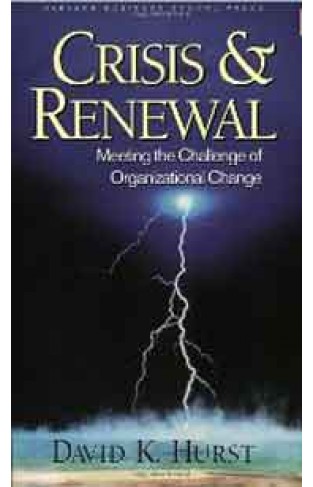
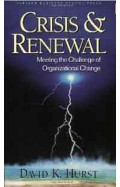
-120x187.jpg?q6)





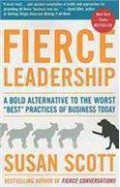
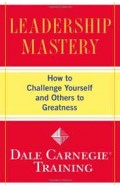
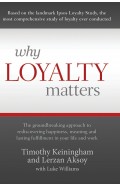
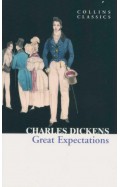




-120x187.jpg?q6)


-120x187.jpg?q6)